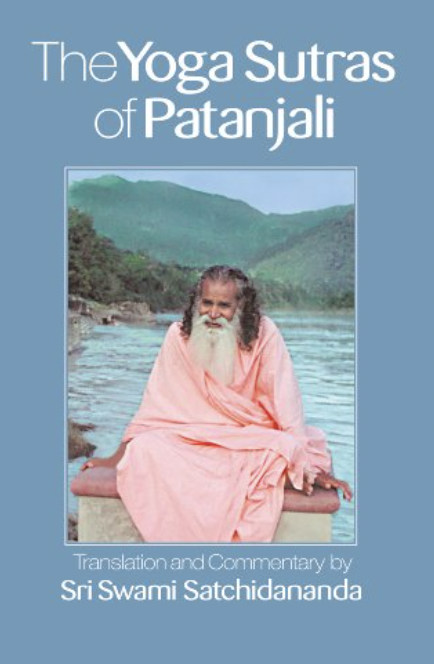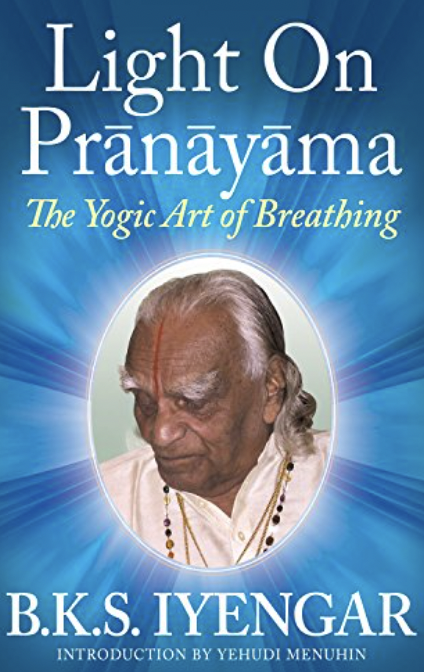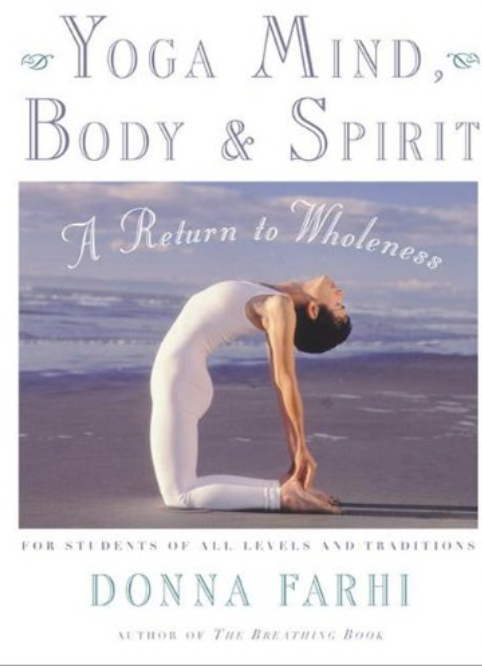200HR YOGA TEACHER TRAINING
Our 200hr Yoga Teacher Training offers an opportunity for self-growth, personal development, and transformation while providing the tools necessary to develop your own personal practice or to step into your calling as a teacher and guide. We will explore yoga history and philosophy, anatomy, alignment, yogic diet, Ayurveda, healing arts, and more.
What To Expect During the 200hr Yoga Teacher Training Program
Learn to teach our Sacred Flow Vinyasa sequence as well as receive guidance on creating and teaching your own unique sequences
Explore traditional Hatha, Restorative, and Yin
Experience yogic living, deepen your personal practice and commit to this path
Practice daily Meditation, Pranayama and Asana
Experience a Spiritual Immersion
Explore the Art of Teaching, Touch, and Alignment to gain knowledge, insight, and clarity
Practice the power of chanting as medicine and experience Bhakti bliss
Nightly evening gatherings, Satsang, to reflect on the day’s journey and insights
Study Yoga Anatomy & Physiology and applicable techniques to incorporate these principles into your own teaching and practice
Study Yoga Sutras and philosophy
Explore Chakras, Bandhas & energetic anatomy
Study Ayurveda and experience the Yogic Diet
Practice Advanced Pranayama
Learn Kriyas, yogic cleansing techniques
Practice how to integrate Yoga into your daily life through the Art of Living discussion
Learn the art of yoga marketing and explore your vision
Upon completion of the coursework, and evaluation, participants will receive a certification of completion which will then enable them to register with Yoga Alliance as a Registered Yoga Teacher (RYT-200).
Typical Daily Schedule
06:00 – 09:00am Meditation, Pranayama, Asana
09:00 – 10:00am Breakfast
10:00 – 11:00 am Spiritual Lesson, Daily Intention
11:00 – 12:00 pm Yoga Sutras / Yoga Anatomy
12:00 – 1:00 pm Special Topic
01:00 – 3:00 pm Lunch
03:00 – 6:00 pm The Art of teaching/ Art of touch
06:00 -7:00 pm Dinner
07:00 – 8:00 pm Satsang (Sacred Gathering)
08:00 – 9:00pm DreamTime
Morning Meditation, Pranayama & Asana Practice
4 Elements Philosophy
Yoga Sutras and Ancient Texts
In-Depth Yoga Anatomy
Daily Intention Setting
Art of Teaching and Alignment
Incredible locations
Delicious Vegetarian Meals/ Gluten Free (option Meals)
Private Chef on Staff
We start each day with an intention setting, that we weave throughout the day’s teachings and live within our own personal practice applying all 12 pedals of Anahata. We begin each morning connecting with nature and ourselves through sunrise meditation, pranayama, and asana practice, honoring silence in this sacred time.
This is followed by a yogic breakfast, nourishing our bodies and spirits with wholesome organic vegetarian food. The experience of the day is one of learning and living yogic theory and healing practices through interactive workshops, classes, and dynamic group discussions.
In the morning classes, we explore the fundamentals of yogic living, anatomy, meditation, cleansing practices, pranayama, Ayurveda, and the ancient wisdom of the Yoga Sutras through interactive and comprehensive lectures.
In the afternoon classes, we share Art of Teaching and Art of Touch/ Alignment in which students practice peer teaching. In the first half of the training, students learn and practice teaching our Sacred Flow sequence. We also take an in-depth look at the alignment, adjustments, benefits, and contraindications of each pose. In the second half of the training, we will explore other yogic traditions (Hatha, Restorative, Yin), share the fundamentals of intelligent sequencing, and theme weaving, and study advanced poses and techniques. Students will also create their own full sequence from the tools provided, share through peer teaching, and receive feedback from their peers and facilitators.
Each evening we close with our sacred community gathering, which will be meditation, chanting, and a sharing circle to connect and release the day’s challenges, triumphs, and insights.
this is a safe container where you can let go and be you.
Course Curriculum Breakdown
Our Philosophy
At Anahata, we view yoga as a path to self-realization, union, bliss, conscious connection, deepened awareness, and mindful living. Throughout this process, utilizing 12 pedals of the heart chakra we explore different paths. In this journey, we embody yogic living, fully immersing ourselves in the experience of living and breathing this practice on and off our mat. This path asks for dedication, discipline, and courage to look deep within to uncover our truth and our own authentic connection. Without our daily distractions, habits, and patterns, a new way of perceiving the world is revealed.
-
Minimum Contact Hours: 10 hours
Minimum Contact Hours w/ Lead Trainer(s): 0 hours
An in-depth study of the anatomy of movement and key systems of the body. Understand how the body works and apply this knowledge for safe and effective practice and teaching. We emphasize the importance of alignment to effectively and safely practice yoga. We provide you with the practical and accessible knowledge of human anatomy, physiology, and basic biomechanics necessary to be an effective instructor. You will gain an understanding of anatomy to work with students on proper alignment. It is here that you learn how to work with the body in asana and the importance of being aware of contraindications and how to avoid the risk of injury with confidence.
-
Minimum Contact Hours: 5 hours* Minimum Contact Hours w/ Lead Trainer(s): 5 hours
These tightly-focused, themed practices will be held on each training day, the details of each type of asana and breathwork are studied. You will explore meditation techniques and the subtle body. You will discover how the practice feels, experience your own challenges and triumphs, and become better prepared to teach people how to navigate their own yoga journey.
*Special Requirement: Each trainee must spend a minimum of 5 Contact Hours actively practice teaching as the lead instructor.
-
Minimum Contact Hours: 20 hours* Minimum Contact Hours w/ Lead Trainer(s): 0 hours
A philosophical and traditional requirements. Topics in this category including. The study of yoga philosophies and traditional texts (such as the Yoga Sutras, Hatha Yoga Pradipika and understanding of the 8 limbs and the foundational philosophy of the classical Yoga lifestyle, such as the precept of non-violence (ahimsa), and the concepts of dharma and karma. Ethics for yoga teachers, such as those involving teacher – student relationships and community. Understanding the value of teaching yoga as a service and being of service to others through yoga (seva). *Special Requirements: A minimum of 2 of the above Contact Hours must be spent on ethics for yoga teachers.
-
Minimum Contact Hours: 15 hours*
Contact Hours w/ Lead Trainer(s): 10 hours
Understanding of yoga, anatomy, alignment breath and philosophy will help you find peace and a deeper practice. Applying this knowledge in a public class requires skills in planning, communication, and classroom management strategies. We will teach you our specific methodology for planning and delivering powerful classes to your students in ways that inspire and engage students. We work with intelligent sequencing, commanding use of language, and techniques for holding space to create an experience for your students that will keep them coming back to your class and help them discover the benefits of yoga off the mat.
*Special Requirement: A maximum of five hours related to the business aspects of teaching yoga may be counted.
-
Independent Study will be time spent on specific in-depth work outside of the classroom. This may include additional reading in yoga philosophy, it may include assisting faculty-led public classes with alignment, and additional study in specific areas of anatomy, subtle body, meditation, or other aspects of the practice. The nature of this study and learning objectives will be determined with the assistance and approval of the master faculty instructor during the first 2 weeks of the training. With these tools, graduates can teach confidently and creatively in their own unique voice while staying true to the deep purpose of yoga practice.
-
Contact Hours: 75 hours
w/ Lead Trainer(s): 50 hours
You will be required to teach a class in order to graduate, which will be observed by our faculty and followed with constructive feedback. This will be your opportunity to apply the knowledge and skills you have developed over the course of the training in a live classroom setting. Completion of all classroom hours, all practicum hours, passing the final exam, and final sign-off from the lead faculty instructor is a prerequisite to leading this.
Key Topics of Study
-
Learn where yoga comes from and how it has developed into its modern form today. An exploration of the foundational traditions and their philosophies, including Hatha, Tantra, and Vinyasa Yoga.
-
Prana and the Chakras. Ancient yogis described the anatomy of the subtle body, beyond the physical form. There are many layers to understanding Prana, the prime life force, and how it moves through the Chakras or energetic centers. This force and the currents of energy known as prana vayus are the very foundation of what makes yoga so powerful.
-
Developing your skills as a meditation teacher is an important part of filling your classes with rich, meaningful content. The power of meditation is significant. We will be sharing a variety of different methods for developing your own personal meditation practice and learning to teach.
-
In many places throughout the world yoga has become a competitive market for most yoga teachers. There are a number of ways to you can stand out from the crowd and jump start your teaching career. We'll show you how.
-
An in-depth study of postures, alignment, energetic and health benefits, adjustments, and modifications.
-
This is much more than inhale/exhale. The breath is the primary life force and is the foundation of a meaningful yogic practice. The breath has a profound influence on our nervous system and how we interact with the world. We will cover its application to postures and meditation.
-
An in-depth study of the anatomy of movement and key systems of the body. Understand how the body works and apply this knowledge for safe and effective practice and teaching.
-
You will learn how the tools of asana (postures), dharana (intention), pranayama (breathing methods), bandha (energy locks) and meditation are used to create meaningful sequences. A good class is not just biomechanically sound but also powerful on more subtle levels.
-
Darshan simply means a way of seeing. In other words, Darshans are the principle philosophical perspectives that define yoga. We will explore several of these including The Yoga Sutras of Patanjali which contains what is considered the most concise definition of yoga ever written as well as clear guidelines on how to achieve yoga.
-
There is more to leading a class than just having knowledge of yoga practice. We'll give you tools to be an effective leader through understanding the responsibilities and ethics in the classroom, and in your community.
-
Understanding this ancient sister science that grew from the same foundational philosophy as Yoga and Buddhism. Learn how to understand yourself and others through the context of doshas, Gunas, prana, Tejas, and Ojas.
-
This goes much deeper than what you wear or what you eat. Understand how to incorporate the tools and philosophies of yoga to map out an authentic and purposeful life.
You must get Yoga Anatomy as we will be going over anatomy and Yoga. and you have a choice to read one of these books.













